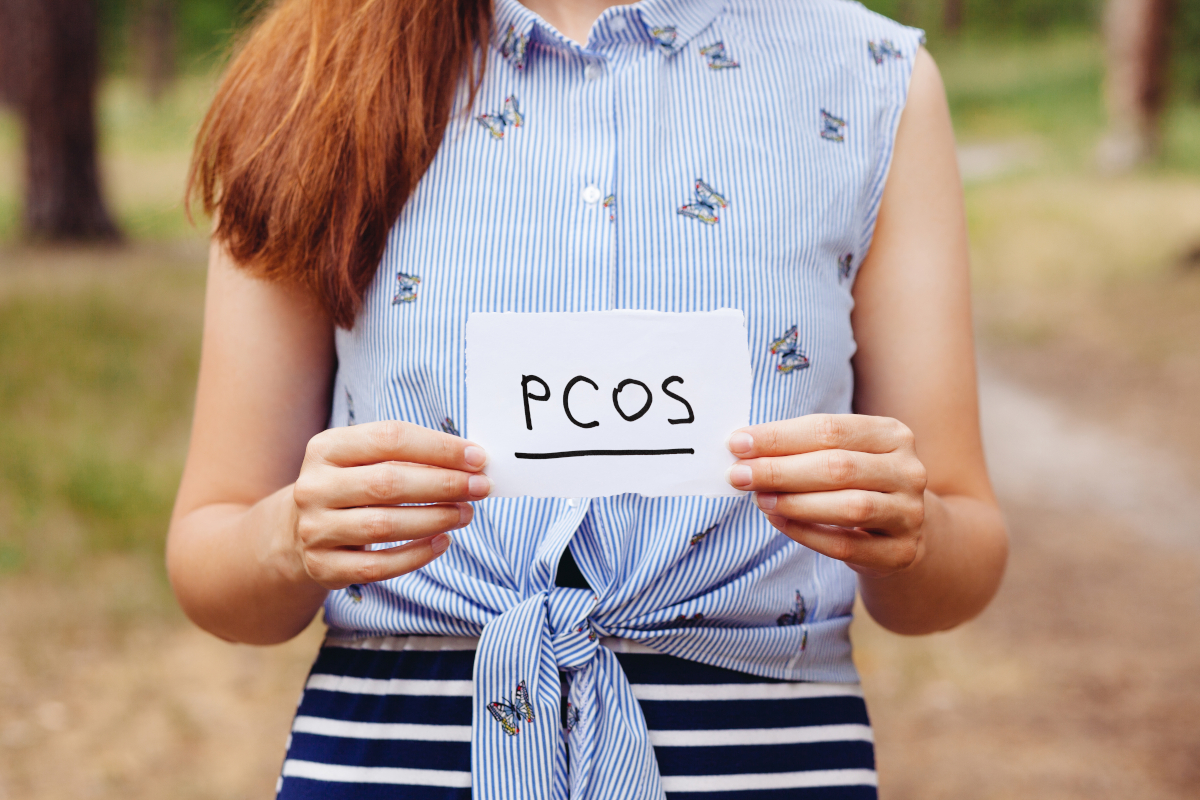The side effects of polycystic ovary syndrome (PCOS) not only impact your physical health, but they can also interfere with your reproductive and mental health. Keep reading to learn about the warning signs of PCOS and how hormone therapy can help.
Polycystic ovary syndrome (PCOS) affects 10% of women in their childbearing years in the United States. If you’re a woman with PCOS, you may experience hormonal imbalances and metabolic issues that can affect your physical, mental, and reproductive health.
While there is no cure for PCOS, Sowmya Reddy, MD, FACOG, and the Alpha OBGYN team offer highly effective management techniques and customized treatment plans that reduce the disruptive symptoms PCOS can cause, thereby improving your quality of life.
Understanding PCOS
Your health as a woman is governed by your reproductive hormones — namely estrogen and progesterone. Polycystic ovary syndrome is a condition in which these hormones are out of balance. When your hormones aren’t balanced, it can affect the function of your ovaries, the organs that make and release an egg every month during your menstrual cycle.
Women also produce a small amount of male hormones, or androgens. In PCOS, unbalanced reproductive hormone levels lead to higher levels of androgens. Too many androgen hormones prevent the release of eggs during ovulation, potentially making it difficult for you to become pregnant.
Other side effects of PCOS include:
Ovarian cysts
Unbalanced reproductive hormone levels can also cause cysts that develop on your ovaries, giving PCOS its name.
Type 2 diabetes
PCOS plays a role in insulin resistance. Insulin is the hormone that regulates levels of glucose in your blood by converting it into the energy you need to function. Over time and without treatment, PCOS can lead to Type 2 diabetes.
Excessive hair growth
When androgen levels are out of balance or too high, you may begin growing hair on your body that is usually common in men, such as your face and chest.
PCOS may also contribute to:
- Depression and anxiety
- Sleep apnea
- High cholesterol
- High blood pressure
PCOS may also increase your risk for endometrial cancer, which affects the lining of your uterus.
Signs you may have PCOS
The primary symptoms of PCOS link to irregular hormonal levels. A common symptom includes irregular periods. Many women with PCOS have fewer than eight periods in a year or have periods that come every month, less than 21 days apart. In some cases, women also stop having periods because of PCOS.
Other common signs you may have PCOS include:
- Skin tags
- Weight gain
- Hair thinning and loss
- Darkened skin patches
- Acne on your face, back, and chest
The effects of PCOS are both internal and external, and therefore typically require a multi-pronged treatment effort.
Finding balance with PCOS
The ultimate goal in treating PCOS is to restore the balance in your reproductive hormones. Dr. Reddy can do this through hormone therapy, often relying on low-dose hormonal birth control for estrogen and progesterone management. You may also need medications to reduce your levels of androgen hormones.
If you are interested in becoming pregnant but have been dealing with infertility issues due to PCOS, Dr. Reddy can help you achieve a healthy pregnancy. She can provide you the right guidance to help you lose weight safely, which can improve your fertility rates and lessen the severity of your overall PCOS symptoms. By losing just 5% of your excess weight, you can better manage your symptoms.
While there is no magic pill to address excessive acne, hair growth on your body, or hair loss on your scalp, the hormonal therapies may help treat some of these unwanted side effects. Dr. Reddy can also recommend lifestyle changes and other therapies to help restore your self-confidence and your satisfaction with your appearance.
While life with PCOS can be challenging, you don’t have to struggle under the weight of your condition. Schedule a consultation to discuss your options for PCOS by contacting Alpha OBGYN today.






